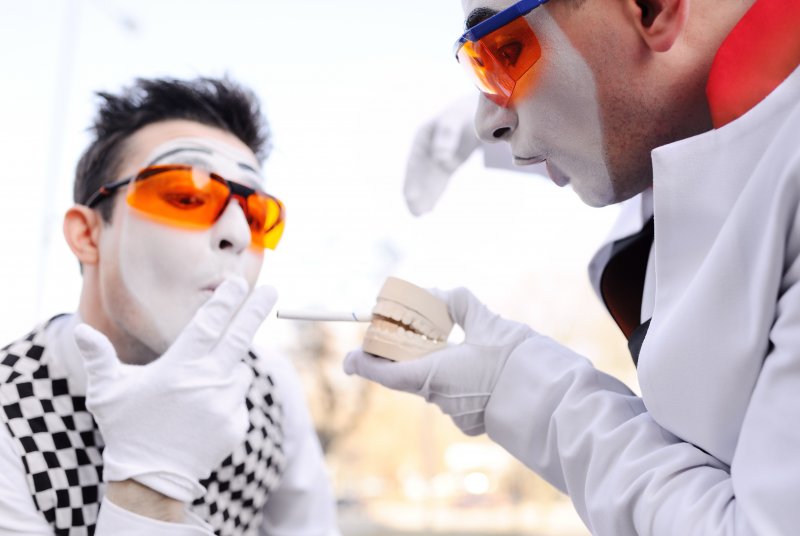
It’s no secret that smoking can contribute to the degradation of your oral health, and in some cases, this can even mean tooth loss. If you’ve lost teeth and are looking into tooth replacement options, you’ve probably heard about the merits of dental implants. They’re secured directly to the jawbone, meaning that they don’t have to be taken out to be cleaned. They’re also remarkably reliable, with 95% of implants lasting for over 20 years.
That said, if you’ve lost teeth due to smoking, you might not be sure that dental implants will be a good option for you. If you’re using tobacco, it’s also worth considering whether that’s going to affect your chances of recovery. If you’re wondering, here’s what you need to know about how smoking affects dental implants.
Does Smoking Affect Dental Implants?
The fact is that yes, smoking is going to affect your ability to get dental implants. A study at the University of Murcia in Spain found that among 66 implant patients, non-smokers’ implants failed at around 1.4%. Smokers, on the other hand, saw around 15% of their implants fail. As it turns out, using nicotine of any variety dramatically increases your dental implant’s risk of failure.
Why Does Nicotine Affect a Dental Implant’s Success?
As mentioned earlier, dental implants work by securing directly into the jawbone. In the weeks after your surgery, your jaw will need time to heal around the dental implant, in a process called osseointegration. Poor osseointegration is one of the leading causes of implant failure, and smoking is one of the main things that can hamper the healing process.
Nicotine affects the quality of blood flow all across the body, including into the mouth. This is the case for every source of nicotine, including vaping, gum, and patches. That reduction of blood flow makes the process of healing after surgery much more unpredictable, so osseointegration is harder.
What Should Smokers Do Before Getting Implants?
If you smoke, vape, or are on any other variety of nicotine, most dentists recommend quitting. Ideally, you should kick nicotine for at least two weeks before your surgery, and for ninety days after. This isn’t a hard-and-fast rule, so you should talk to your dentist before your procedure about what they think is necessary for you.
As much trouble as smoking can mean for your oral health, your dentist will be happy to work with you to make your chance of success as high as possible. Who knows? Dental implants might be just the motivator you need to quit smoking.
About Our Practice
At My Frederick Dentist, we won’t treat you like just any other patient—we’ll go the extra mile to make sure all your needs are taken care of. Our dental staff will make you feel welcome from the moment you step into our office, and our dentists will give you the one-on-one personalized care you deserve. We’ve also outfitted our office with cutting-edge dental technology, and have everything we need to complete the entire dental implant procedure under one roof. If you have any questions about whether you’re eligible for dental implants, we can be reached at our website or by phone at (301) 698-9552.


